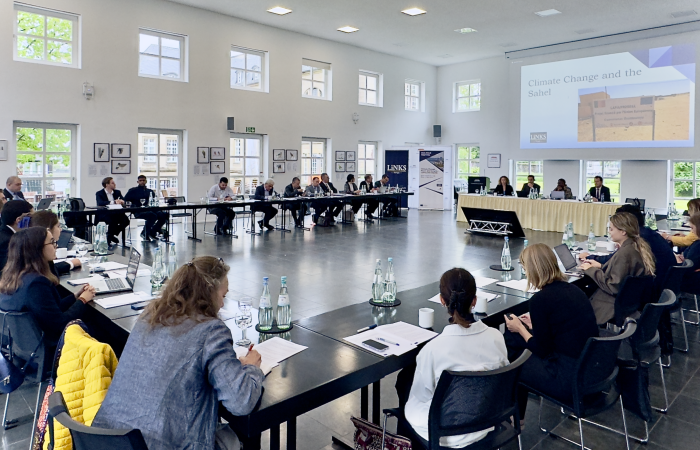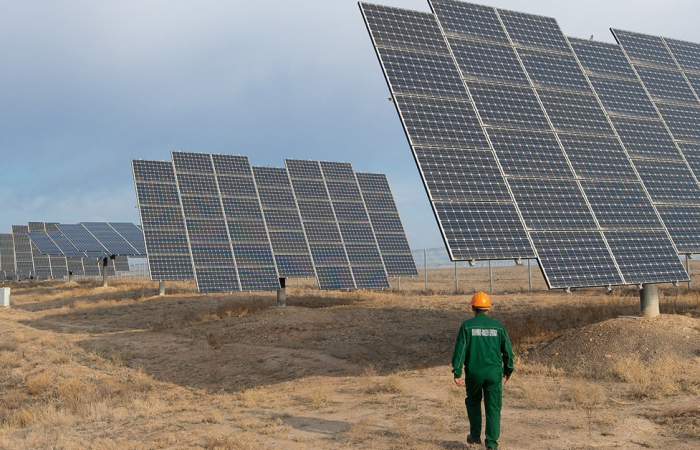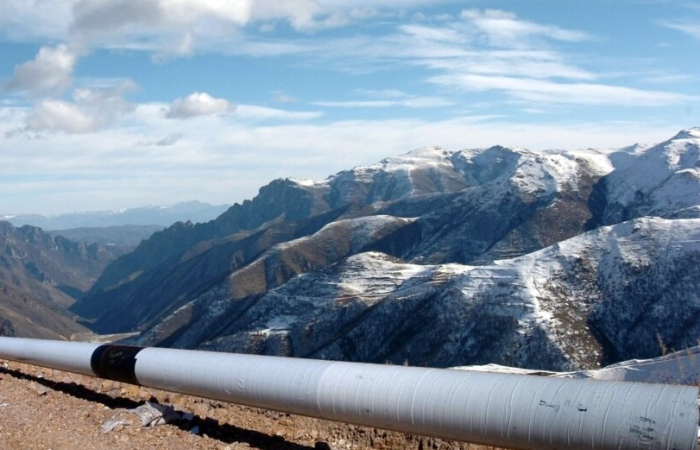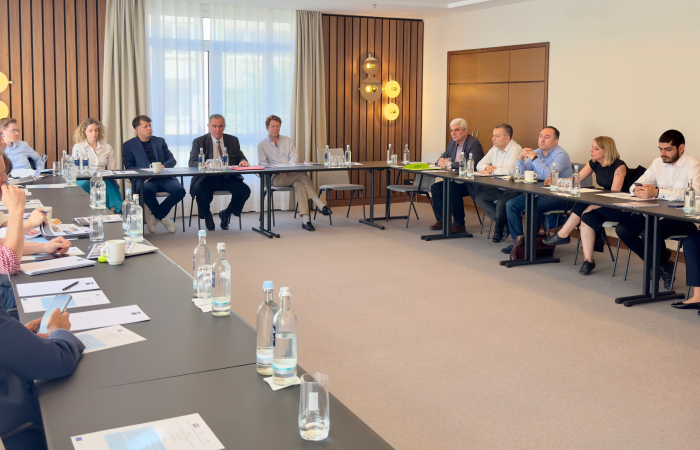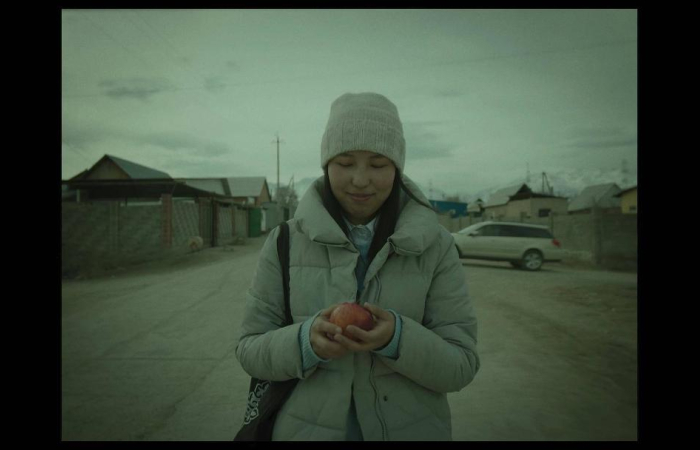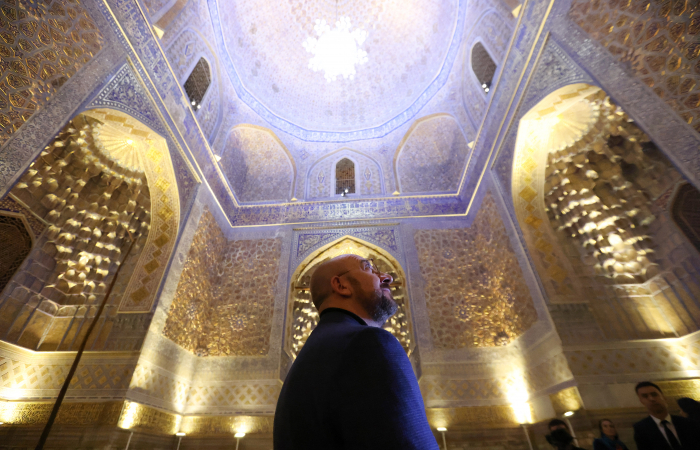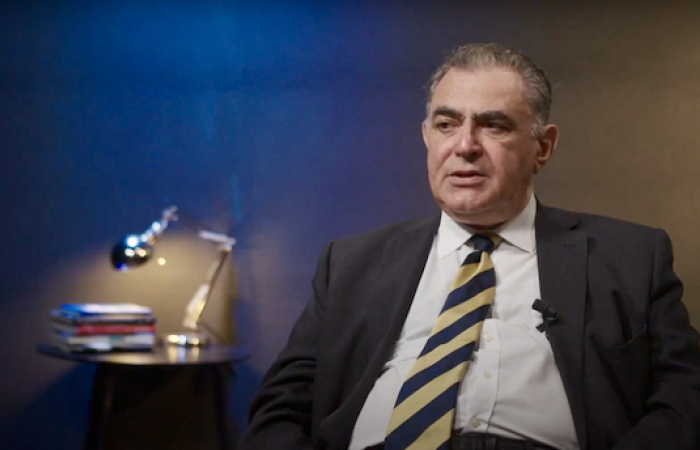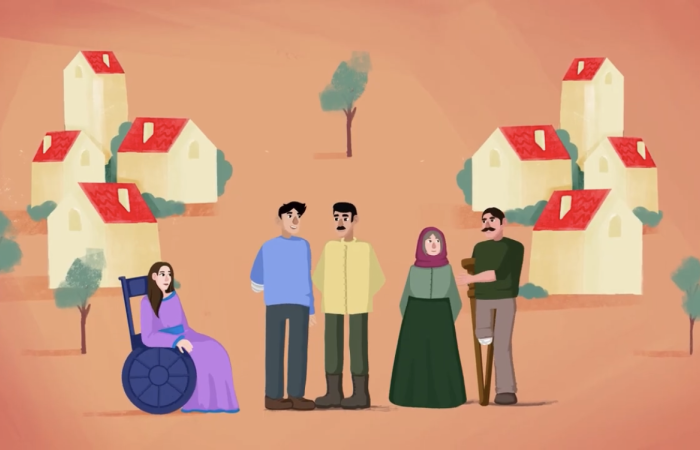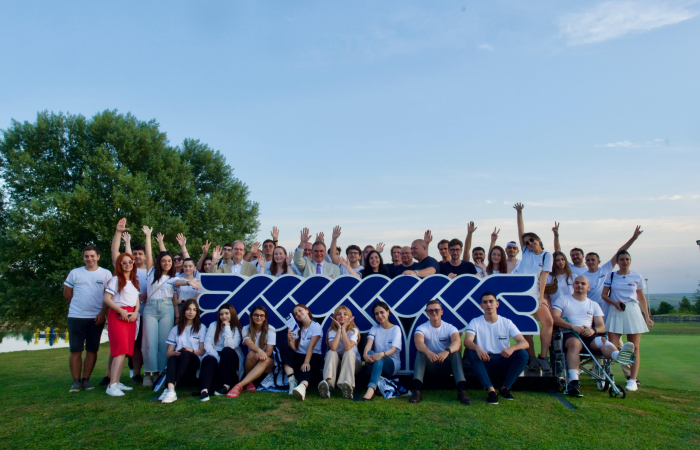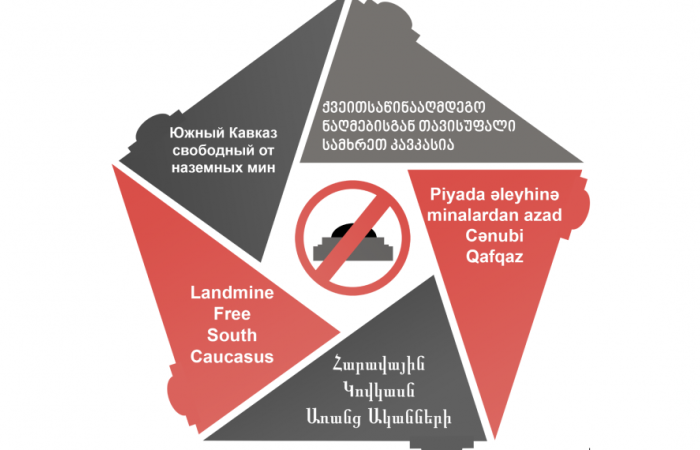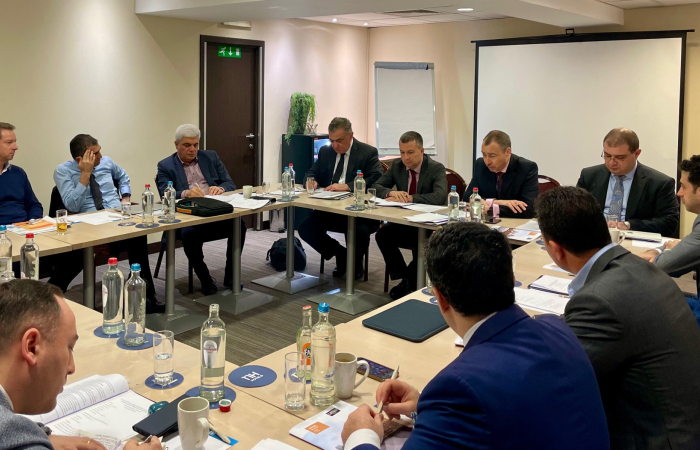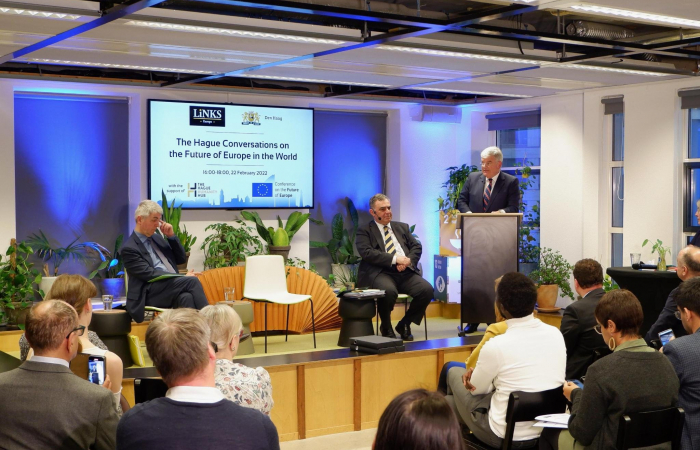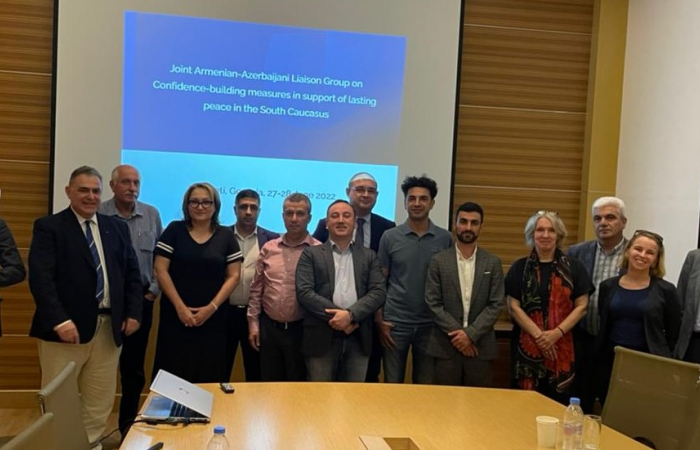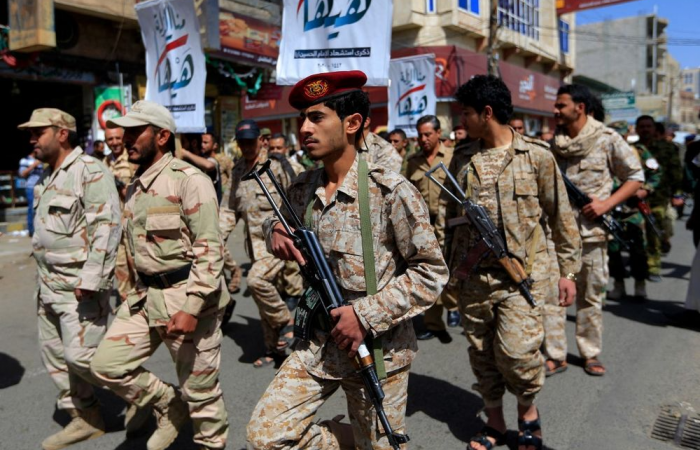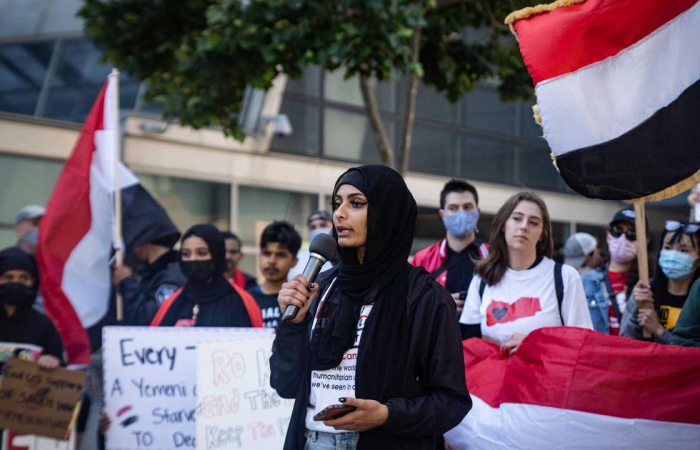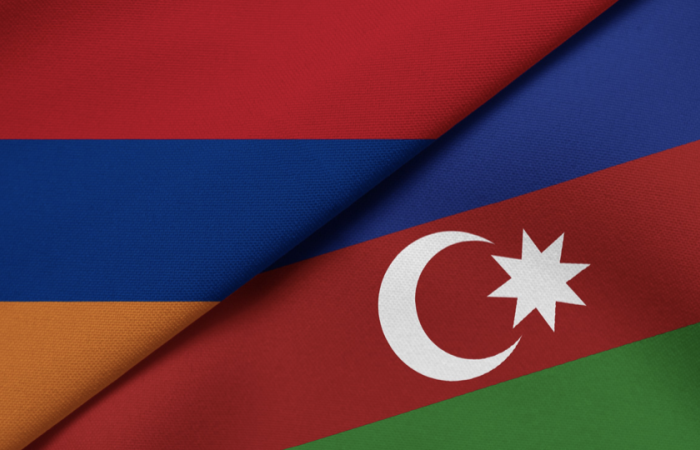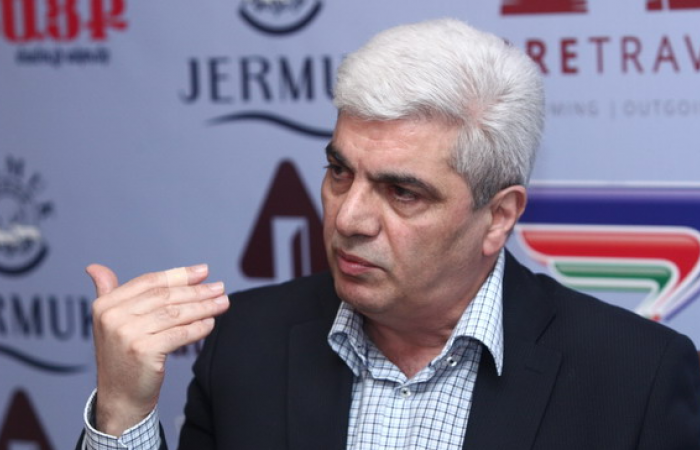- European Council calls for an integrated and coherent EU response to external crises and conflicts
- Analysis: Kazakhstan has to balance its Green Hydrogen mega-project with domestic and ecological constraints
- Opinion: Armenia-Azerbaijan Gas Co-operation: Pipe Dream or Reality?
- Bonn Dialogue Meeting calls for the theme "Climate Change, Peace and Security" to be included in the agenda of COP29
- Governments in the South Caucasus need to start co-operating on water issues
- Borrell speaks about global changes and challenges
Focus on Central Asia
Voices - Opinion and analysis
Focus on Yemen
Focus on the South Caucasus
commonspace.eu is an activity of LINKS Europe, an independent foundation based in The Hague, The Netherlands. We focus on issues related to European peace and security, Europe's neighbouring regions, including Eastern Europe, the Caucasus and Central Asia; North Africa and the Sahel, the Horn of Africa and the Arabian Peninsula. LINKS Europe is committed to contribute to a better future by increasing understanding of complex foreign policy issues, by promoting dialogue and confidence-building as tools for helping to resolve conflict, and by engaging citizens in the process of building peace and security on the basis of solidarity and mutual respect. Through commonspace.eu we aim to provide insights and analysis on different topics in our area of interest, and a platform for diverse opinions.
Read or download the 2022 Annual Review of LINKS Europe work, and our work programme for 2023 here




